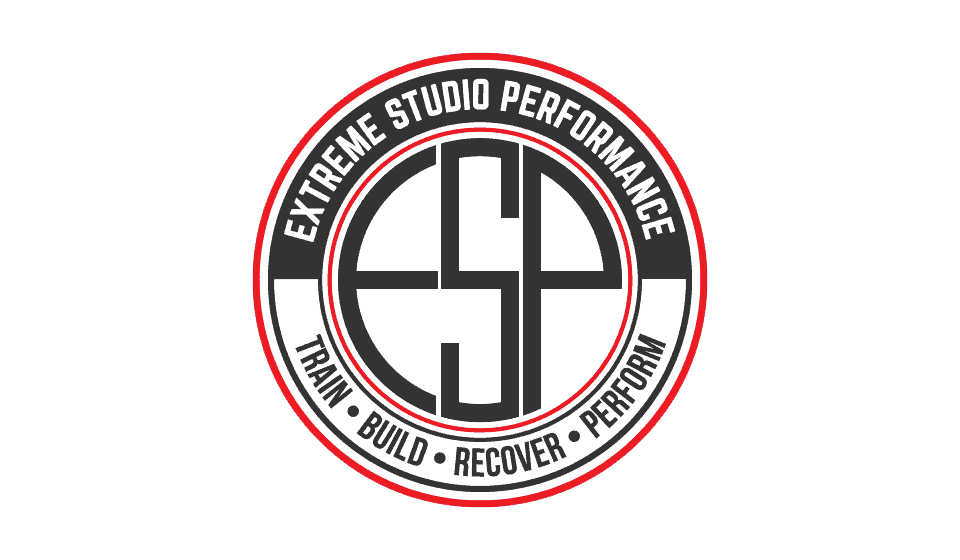
What Impact Does Caffeine Have on Health and Fitness?
Caffeine is one of those things you’ve probably heard conflicting advice about. Sometimes you hear about studies showing it’s dangerous, other times you hear that it’s good for you.
The impact that caffeine has on your health and fitness depends on how much you have and your body’s individual response to caffeine. As a rule, studies show that moderate amounts of caffeine can have a positive effect. Most of the negative impacts of caffeine relate to drinking way too much, or drinking it too close to bedtime. For many people, caffeine can help make them more alert and may improve exercise performance.
 Caffeine Benefits
Caffeine Benefits
Caffeine is a stimulant that affects the central nervous system. That’s why people typically feel more energized after they drink caffeine-containing coffee, tea, or an energy drink. For most adults, it’s safe to have up to 400 mg of caffeine per day.
Some studies show that consuming caffeine before exercise may help your body burn fat, improve muscle performance, increase endurance, and perform better with strength-based exercises. Other studies show inconclusive results, though. It appears that caffeine may have more of a beneficial effect for trained athletes than for those new to fitness. An individual’s genetics also play a role in how they metabolize caffeine, which influences how much of a benefit they’ll see from taking caffeine before exercising.
Caffeine Cautions
The FDA recommends that adults consume less than 400 mg of caffeine per day. Pregnant women should stick with less than 200 mg per day (though it’s good to double-check with your doctor before using caffeine while pregnant). You might find that your personal limit is less than that. If you’re feeling jittery, then you’ve probably had too much caffeine.
Excessive caffeine can make you feel anxious, raise your blood pressure, and cause headaches. In rare cases, large amounts of caffeine have been linked to heart issues and even death. If you have a health condition affecting your heart or blood pressure, check with a doctor before drinking caffeine.
Drinking caffeine too close to bedtime can impact your sleep, so experts recommend no caffeine within 8 hours of the time you plan to go to sleep. Again, though, this can vary depending on the individual; some people don’t notice any impact on their sleep from caffeine. My husband, for example, can drink a cup of black coffee and then go right to sleep.
Caffeine for You
If you’re curious to see if caffeine might help your fitness routine, it’s best to drink a caffeinated beverage or take a caffeine supplement 30-60 minutes before exercising. Just make sure you stay under the recommended daily allowance of 400 mg. Also, check with your doctor before taking extra caffeine if you’re pregnant or have any health issues.
Whether you try caffeine before working out or not, joining a gym is another great way to get motivated to achieve your fitness goals. Here at Extreme Studio Performance, we provide a supportive community, great equipment, upscale experience, and knowledgeable trainers to help you achieve your individual goals. Contact us today to set up a tour and free fitness evaluation.
